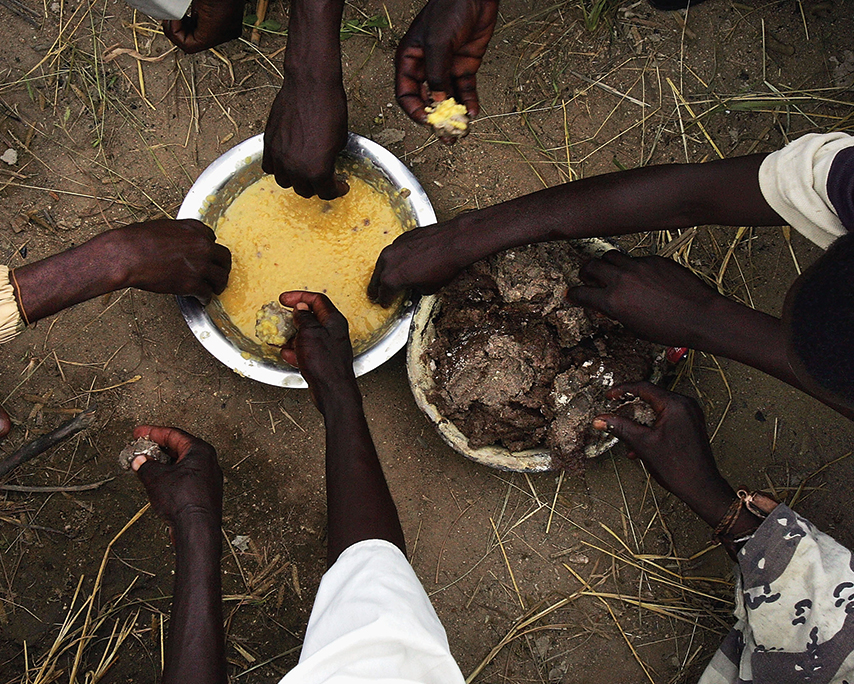International Day of Countering Hate Speech
Confronting the roots of division and hate speech in Africa
Ethnic identity in Africa is not inherently divisive. It is a deep and vibrant reflection of Africa’s cultural richness. However, when weaponised through politics, misgovernance, and unchecked hate speech, it becomes a fault line, threatening national unity and democratic progress.
Across many African countries, ethnic affiliation is often a primary marker of belonging and community life. However, in political discourse and governance, it has too often been exploited as a tool of division. Elections, resource distribution, and state appointments are frequently perceived or presented as zero-sum ethnic contests. This fuels a dangerous narrative: that to win, “your people” must dominate.
In this toxic mix, hate speech thrives. Whether on radio, social media, or political platforms, identity-based incitement is spreading, undermining trust, fanning tension, and sometimes leading to violence. Hate speech is not just words. It is a symptom of deep-rooted inequality and a signal of democratic fragility.
Why ethnicity gets pitched against us
In many African countries, ethnic identity plays a significant role in shaping people’s understanding of who they are and where they belong. It gives meaning to language, customs, kinship, and community life. However, despite its cultural value, ethnicity has often been turned against Africans themselves, used to divide rather than unite. The reasons for this are complex, but four major factors stand out.
First, we must acknowledge the historical legacy of colonialism. Colonial administrations often favoured certain ethnic groups over others, whether in education, employment, or political representation. This was not accidental. Divide-and-rule was a deliberate strategy. After independence, rather than dismantling this system of favouritism, many post-colonial governments continued to distribute resources and opportunities along ethnic lines. Over time, this entrenched a sense of “us versus them,” making ethnicity a point of political calculation rather than cultural pride.
Second, weak democratic institutions have exacerbated the problem. In places where elections are not free and fair or where public services are scarce, politicians often campaign on the promise of protecting “their people.” Without strong institutions to guarantee justice, fairness, and equal opportunity, people fall back on ethnic loyalty as a form of security. Politics becomes a tribal contest, and national identity is lost in the noise.
Third, the rise of digital technology, especially social media, has amplified the danger. While online platforms can be powerful tools for civic engagement, they have also become breeding grounds for hate speech and misinformation. In societies where digital literacy is still developing and regulation is weak, ethnic tensions are easily inflamed by viral posts, anonymous trolls, and coordinated campaigns that spread fear and distrust.
Finally, persistent inequality and uneven development feed the flames. Many communities across Africa feel left out, ignored by national development agendas or deliberately sidelined from state resources. When people see roads, schools, or healthcare facilities consistently going to one region over another, it reinforces the idea that ethnicity determines who benefits and who suffers. This frustration creates fertile ground for resentment, and hate speech often exploits this narrative of marginalisation.
These tensions, fuelled by historical legacies, weak institutions, digital disinformation, and economic disparity, have turned identity into a battleground. However, the deeper issue is not just ethnic difference but how we have failed to equip our citizens to navigate it.
Fighting hate with knowledge, not silence
To confront the roots of division and hate speech in Africa, we must invest in widespread civic education that empowers citizens with knowledge of their rights, responsibilities, and the value of national unity over ethnic loyalty. Civic education fosters critical thinking, media literacy, and active citizenship, particularly among young people, enabling communities to resist manipulation and demand accountable leadership. By embedding civic learning in schools, community forums, and public discourse, we lay the foundation for tolerance, justice, and inclusion.
For Africa to rise above the politics of division and silence the voices of hate, we must equip our people with the tools to think critically, act responsibly, and believe in a shared future.



